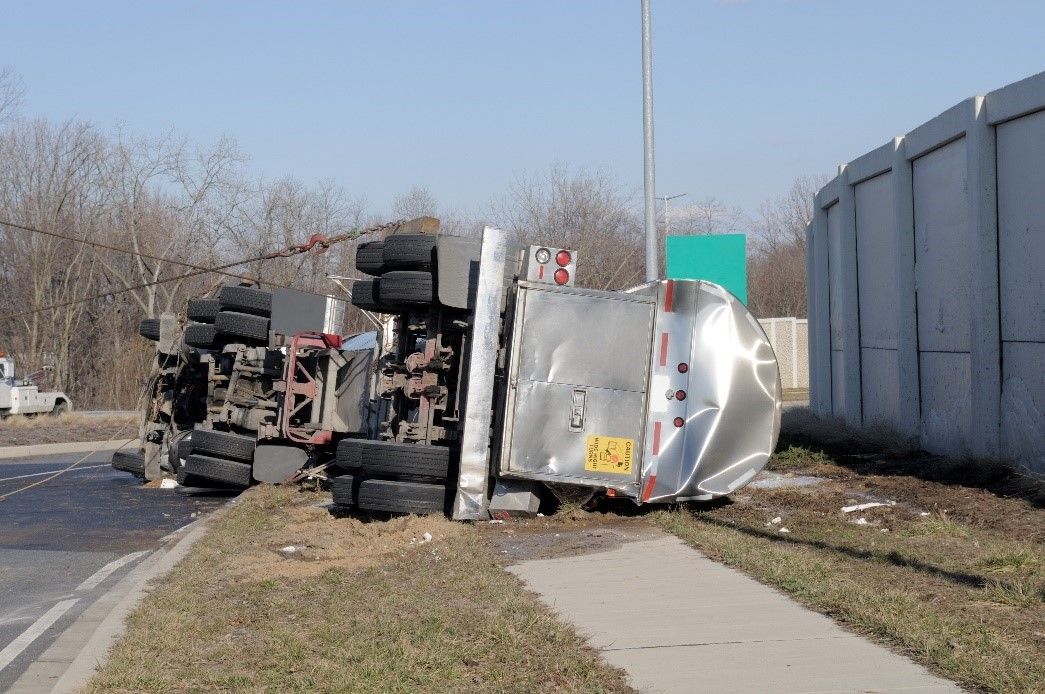BLOG
What's the Difference Between a Misdemeanor and a Felony?
- By Robert Stahle
- •
- 08 Feb, 2018

Are burglary charges always felony charges, or does it depend on the circumstances? That’s the kind of question that defendants may ask after they are arrested and aren’t sure whether they will be facing misdemeanor or felony charges.
And the difference between a fine without jail time, and a long-term stint in prison can be significant, so let’s take a quick look at the difference between a misdemeanor and a felony, and the standards that most states apply when making this determination.
The Differences Between a Misdemeanor and a Felony
There are typically three types of criminal charges: infractions, misdemeanors, and felonies. Infractions, which include traffic tickets, do not carry a jail sentence, but misdemeanors and felonies can land you in jail or prison, depending on the severity of the crime.
The law views misdemeanors less seriously than felonies, but that doesn’t mean that you won’t spend time in jail for a misdemeanor. In fact, most states have different classes of misdemeanors, each with different penalties.
In Nebraska for example, there are seven classes of misdemeanors, with a Class I considered the most serious, with a possible penalty of one year in jail and a $1,000 fine.
Common types of misdemeanors include:
- Assault
–
The intent to cause harm or apprehension of harm in another person, even if you
didn’t hit the victim.
- Battery
–
Offensive physical contact with another person with the intention of causing
harm or apprehension of harm.
- Theft
–
Taking someone’s property without that person’s consent.
- DUI
–
Driving under the influence of alcohol or drugs.
Felonies are considered more serious crimes, and will always result in some type of prison sentence unless the charges are reduced to misdemeanors.
- Murder
–
The intentional or premeditated act of killing another person.
- Aggravated
Assault
– Assault with a deadly weapon.
- Burglary
–
Unlawful entry into a building or structure with the intention of committing a
crime, even if that crime never occurs.
- Grand
Theft
– Theft in which the property stolen exceeds a specified amount.
- Arson
–
The act of intentionally setting fire to a property.
- Rape
–
Although the legal language varies in each state, rape is a serious crime in
which the victim is forced to have unlawful intercourse. Rape laws have
expanded to include assaults that occur in a marriage, with lack of consent
being the critical factor.
- Kidnapping
– Taking someone from one place to another against that person’s will is a
felony, and this charge is even more serious if that abduction occurs across
state lines.
Why You Need An Experienced Criminal Defense Lawyer
After you’re arrested on a misdemeanor or felony charge, you must secure the services of a top-flight defense team such as the attorneys at the Fitch & Stahle Law Office. Don’t make the mistake of thinking that you can’t go to jail if you’re convicted of a misdemeanor, because that isn’t true. Let us put our experience to work for you. Call us today at (402) 494-3012 for a legal consultation.
Iowa


